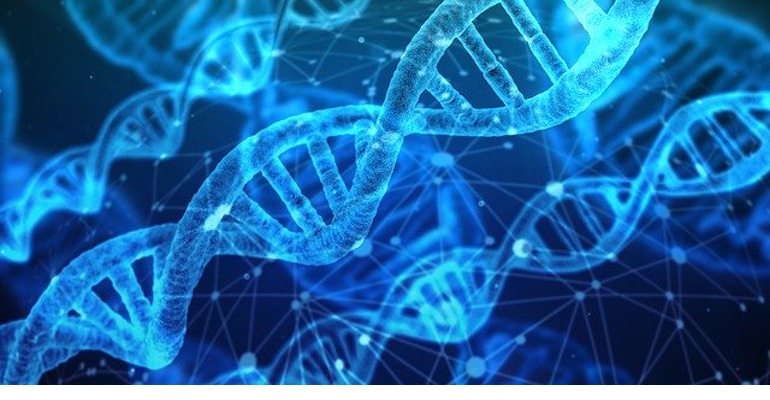Inherent Biosciences has been awarded funds to develop a dataset of COVID-19 infection biomarkers against which AI would compare patient blood samples.
September 22, 2020

Inherent Biosciences Inc. has been awarded $255,959 from the National Science Foundation (NSF) to study epigenetic biomarkers that could predict patient response to SARS-CoV2 (COVID-19) infection, the company reported in a news release. The goal is to develop an on-site, clinical test that would use artificial intelligence to compare patient blood samples with a dataset of those biomarkers associated with COVID-19 infection.
Andy Olson, CEO of Inherent Biosciences, told MD+DI that the epigenetic biomarkers “are differential methylation patterns on the patient's DNA (in this case from white blood cells). Biomarkers like this have been used previously for evaluating patients to� help with disease diagnosis, prognosis, and treatment response. Previous studies of numerous diseases including respiratory impairment, multiple cancers, blood disorders, and type 1 diabetes have demonstrated the prediction capability of DNA methylation patterns in disease subtyping and stratification of prognosis and reaction to treatment.”
Blood samples would be “collected and analyzed for DNA methylation patterns correlated with COVID-19 disease severity and treatment response,” Olson explained. “The goal of the DNA methylation test is to supplement the current standard for risk profiling in order to optimize healthcare resources (equipment, beds, and staff) and ultimately save lives.”
The Small Business Innovation Research Phase I standard grant will help Inherent generate the dataset of white blood cell DNA methylation patterns, health history, and clinical data for patients infected with COVID-19, the company reported in the release. AI and machine learning would then be tapped to identify DNA methylation biomarkers predictive of disease severity and treatment.
When asked about a potential submission to FDA for approval or an EUA, Olson said that “assuming a positive outcome from the next steps and successful development, we anticipate an initial launch with our clinical lab partner as a Lab Developed Test (LDT) followed by a subsequent FDA submission.”
NSF supports research and education in science and engineering through grants, contracts, and cooperative agreements, according to its Web site. Said Andrea Belz, Division Director of the Division of Industrial Innovation and Partnerships at NSF, in the release: “NSF is proud to support the technology of the future by thinking beyond incremental developments and funding the most creative, impactful ideas across all markets and areas of science and engineering. With the support of our research funds, any deep technology startup or small business can guide basic science into meaningful solutions that address tremendous needs.”
About the Author(s)
You May Also Like




